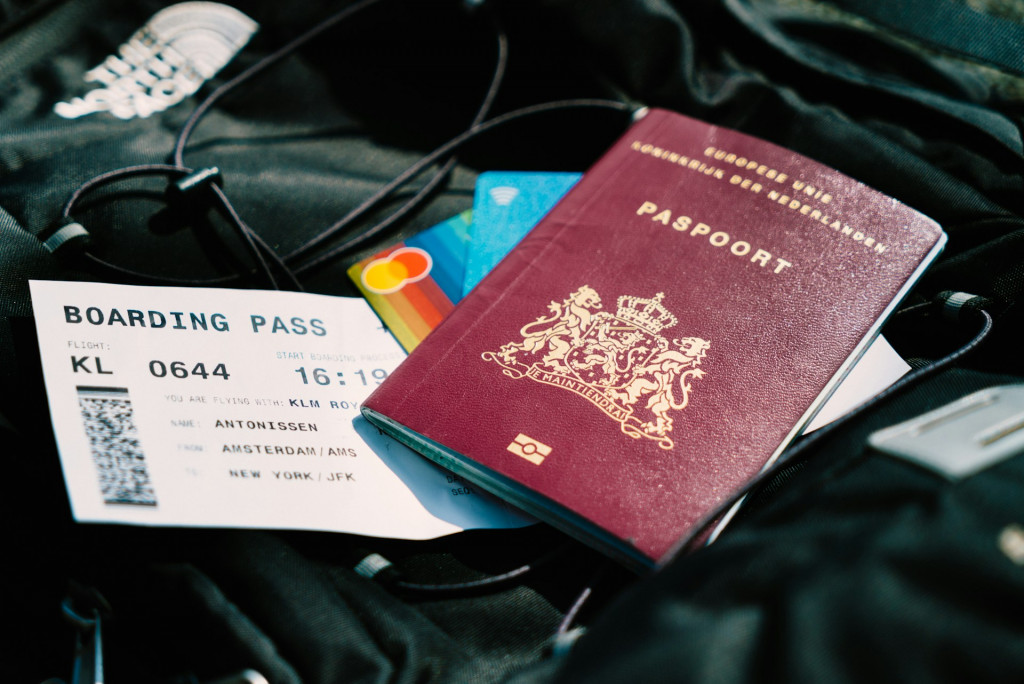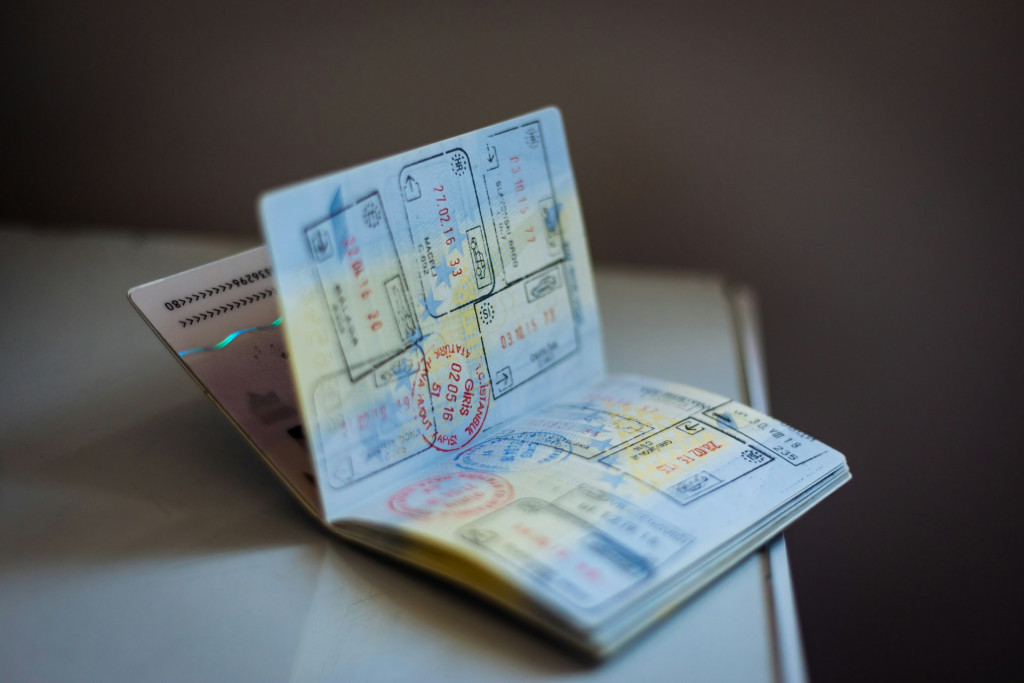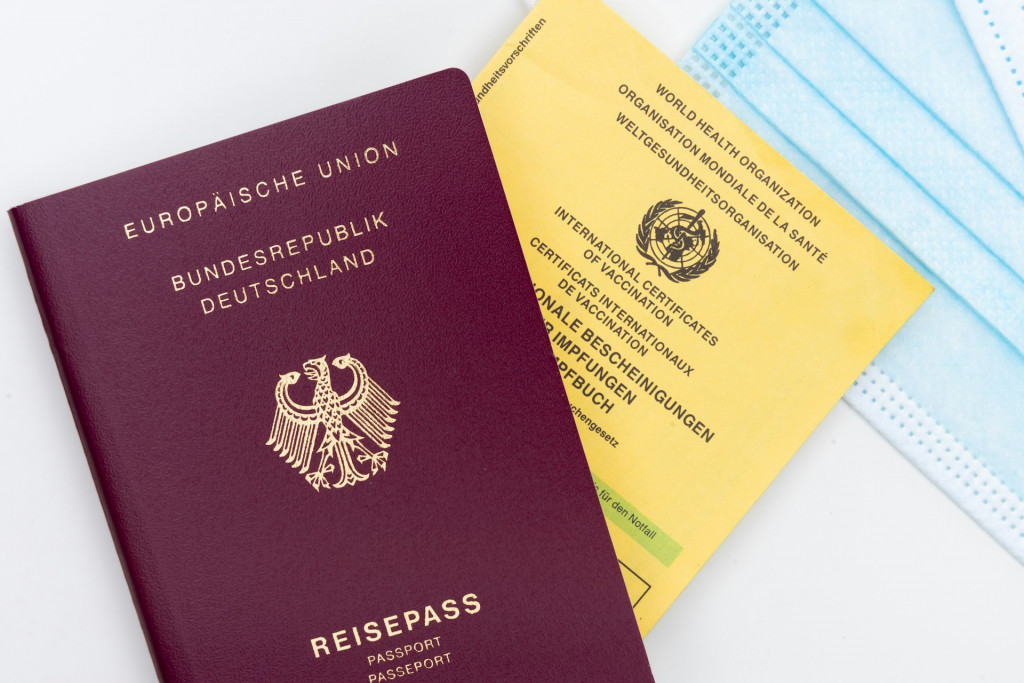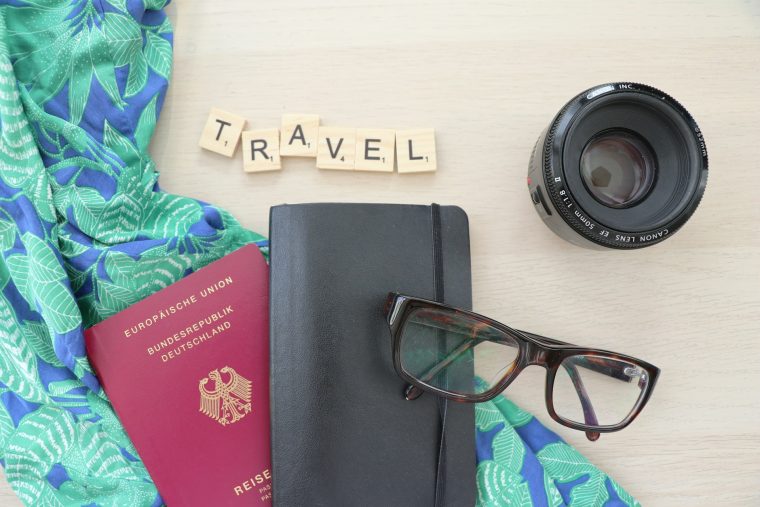Traveling to Europe is an exciting opportunity to explore diverse cultures, stunning landscapes, and historical landmarks. However, understanding the necessary VISA requirements is crucial for a smooth journey. In this article you will get the guide and essential information about Schengen VISA requirements to ensure a stress-free travel experience.
1. Understanding the Schengen VISA

Photo by CardMapr.nl on Unsplash
One of the most common types of VISA requirements for Europe is the Schengen VISA. This VISA allows travelers to access 27 European countries within the Schengen Zone. If you’re visiting for tourism, this is likely the VISA you’ll need. It’s valid for up to 90 days within a six-month period.
To apply, you need:
– A completed application form.
– A valid passport with at least two blank pages.
– Two recent passport-sized photographs.
– Proof of travel insurance covering up to €30,000.
2. Country-Specific VISAs

Photo by Global Residence Index on Unsplash
Not all European countries are part of the Schengen Zone. For example, if you’re traveling to the UK or Ireland, you’ll need a specific VISA. The VISA requirements for these countries vary but generally include:
– A completed application form.
– A passport valid for six months.
– Proof of financial stability during your stay.
– Confirmation of accommodation and itinerary.
Make sure to check individual country guidelines before applying.
3. Preparing Financial Proof

Photo by Katie Harp on Unsplash
One of the most significant Schengen VISA requirements is demonstrating sufficient financial resources. European authorities require proof that you can cover your expenses. This proof often includes:
– Recent bank statements.
– Salary slips or employment letters.
– Sponsorship letters, if applicable.
For tourists, a prepaid travel card can also serve as proof of funds.
4. Travel Insurance: A Must-Have

Photo by Mantas Hesthaven on Unsplash
Travel insurance is not just recommended; it’s mandatory for most European countries. Schengen VISA requirements specify that your insurance should cover medical emergencies, repatriation, and potential hospitalization. Ensure your policy meets the €30,000 minimum coverage. When purchasing travel insurance, consider policies that also protect against trip cancellations and lost luggage.
5. Booking Accommodations and Flights

Photo by Sebastián León Prado on Unsplash
European embassies often request proof of accommodation and travel bookings. These Schengen VISA requirements ensure that your plans are well-organized. Provide copies of:
– Hotel reservations or rental agreements.
– Round-trip flight tickets or an itinerary from a travel agent.
Some embassies accept provisional bookings if you’re uncertain about your plans.
You might like: All You Need to Know About VISA
6. Invitation Letters for Family Visits

Photo by Vika Fleysher on Unsplash
If you’re visiting friends or family in Europe, an invitation letter may be required. This document must include:
– Details about your host.
– The duration of your stay.
– Their proof of residency or citizenship in the European country.
Including this letter with your application strengthens your case and ensures compliance with VISA requirements.
7. Timeline for Schengen VISA Applications

Photo by Markus Winkler on Unsplash
Timing is critical when applying for a European VISA. It’s advisable to apply at least three months before your trip. Schengen VISA requirements typically result in processing times of two to four weeks, while other countries may take longer. To avoid delays, ensure all your documents are complete and accurate.
8. Common Mistakes to Avoid
Applying for a Schengen VISA can be complicated, but avoiding common mistakes will save time and stress. Key issues to watch out for include:
– Providing incomplete documentation.
– Submitting incorrect passport photographs.
– Misrepresenting travel intentions.
Double-check all application materials to meet the strict VISA requirements.
9. Alternatives for Frequent Travelers
For frequent visitors, multi-entry VISAs offer a convenient solution. These VISAs are valid for multiple trips over one to five years. Meeting additional VISA requirements, such as a history of previous travel, is necessary for approval.
10. Seeking Professional Assistance
If the process seems overwhelming, consider hiring a professional visa service. They can help streamline the application process and ensure you meet all Schengen VISA requirements. While it involves additional fees, their expertise can save valuable time.
Conclusion
Understanding the Schengen VISA requirements for traveling to Europe ensures a stress-free adventure. Proper preparation is essential, so you can enjoy the trips you will take. Hopefully the content of this article can be a guide for you to fulfill the VISA requirements. Plan ahead, gather all necessary documents, and embrace the opportunity to create unforgettable memories.

